In the article published in Intensive Care Medicine by Hillamn y Cardona-Morell, the main barriers that hinder an appropiate management of patients at the end of life are described.
It is becoming more common the dilemma of admitting and treat in ICU certain patients that intensive medicine no longer can offer them what they really need: accepting the death process and providing them the best care at the end of life. The medicalization of death involves sometimes futile and costly treatments without providing added value to patients or their families, and even sometimes by subtracting quality in this process.
Why is so difficult to accept the process of dying?
1. We believe in miracles: unrealistic expectations of society and of the own professional about what medicine can offer, overestimating the benefits and not taking into account the possible damage of health care.
2. We deny the aging and death as if they could be avoided or if not to mention this would change the destiny.
3. As professionals we are educated and trained to treat and save lives without thinking deeply and honest about the context of the disease. Always have to do something, rather than consider that maybe, it must not do anything more.
4. Medical specialization focused on the care of organs or systems leads to overestimate the real possibilities, without a holistic view of the patient, and sometimes exert pressure to maintain the active treatment.
5. The uncertainty about the prognosis of certain pathologies and situations that justify to follow the treatment sometimes indefinitely. We need tools and predictive models to reduce uncertainty and making decisions based on evidence.
6. Economic incentives to professionals in some health systems with payments by activity, advocating to keep treatments rather than remove them.
7. Ambivalence of bioethical principles which can be interpreted in different ways depending on who prioritize them, justifying even contradictory actions.
8. Legal pressure in the process at the end of life that makes practitioners to act for fear of possible claims or to violate the law.
9. Criteria and action dynamics based on the diagnosis rather than in the actual context of the patient and which lead to admission in ICU critically ill patients but non-recoverable. Reflect and stop the process once started is hard
10. The lack of alternatives to offer palliative care helps the hospital admission and even in the own ICU, as a prelude to death, without taking into account the desire of many people to be the passed away at home.
Intensive Care Medicine plays an important role in promoting the open debate to define the best way to die and find appropriate solutions, without transferring them to actions that are not justified, that only mask and dilate the reality.
Accept the death and be prepared to do this is a pending matter.
Dr. Mari Cruz Martin Delgado
Head of Intensive Care Department
Hospital Universitario de Torrejón


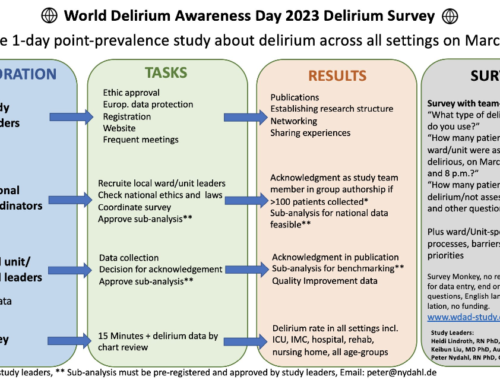
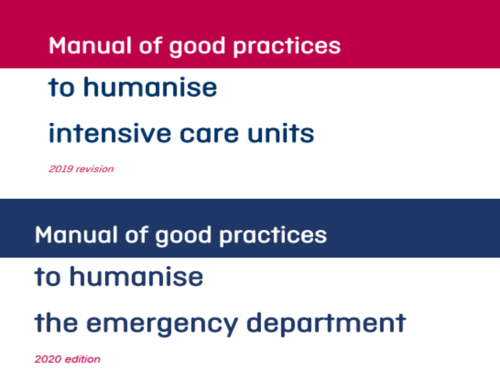
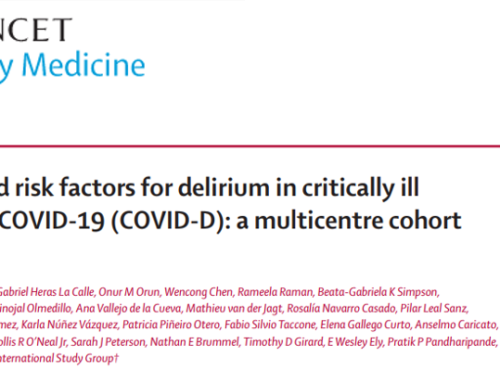
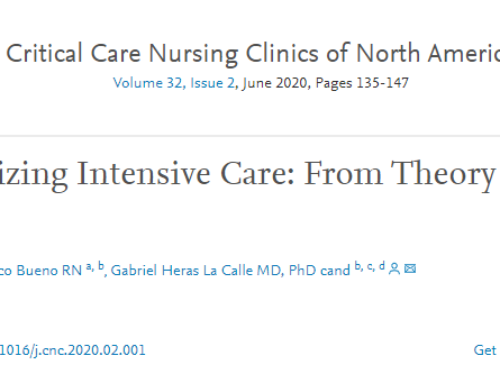
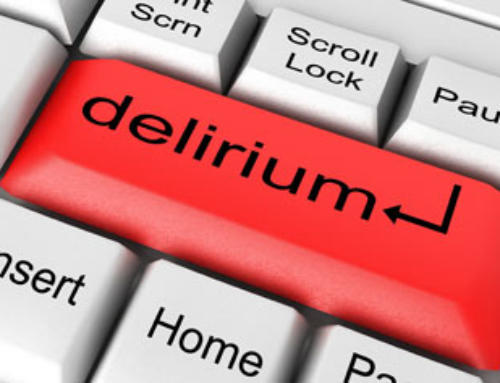
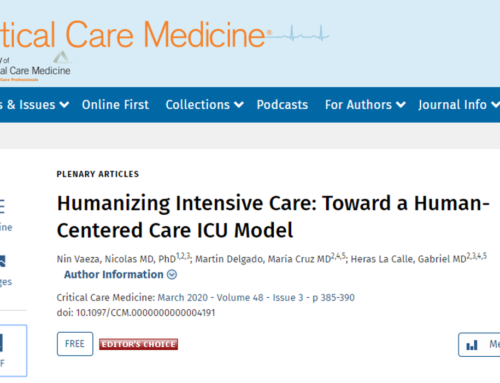
Right away I am going away to do my breakfast, after having my breakfast coming yet again to read more news.
At this time I am going to do my breakfast, when having my breakfast coming over again to read other news.